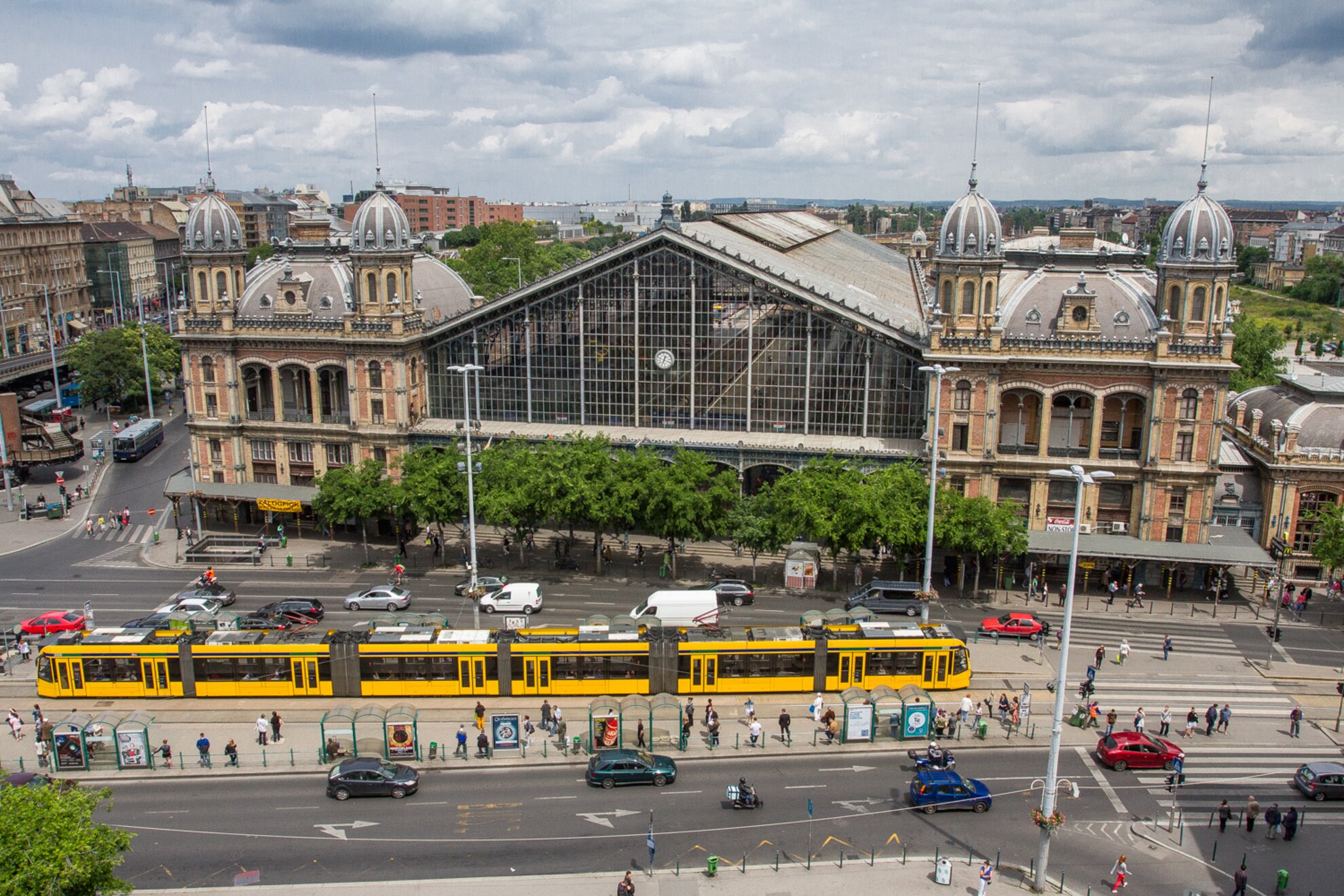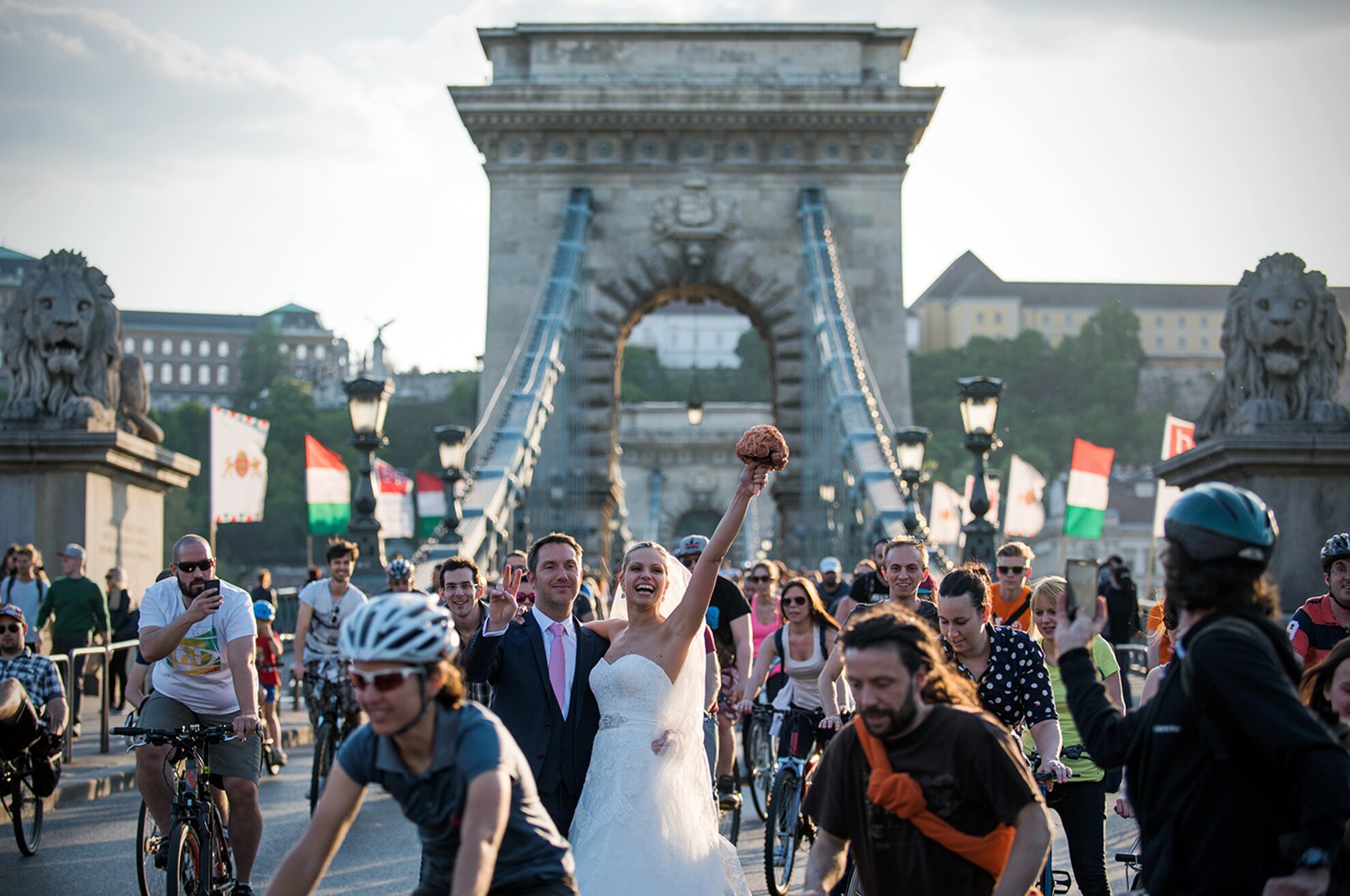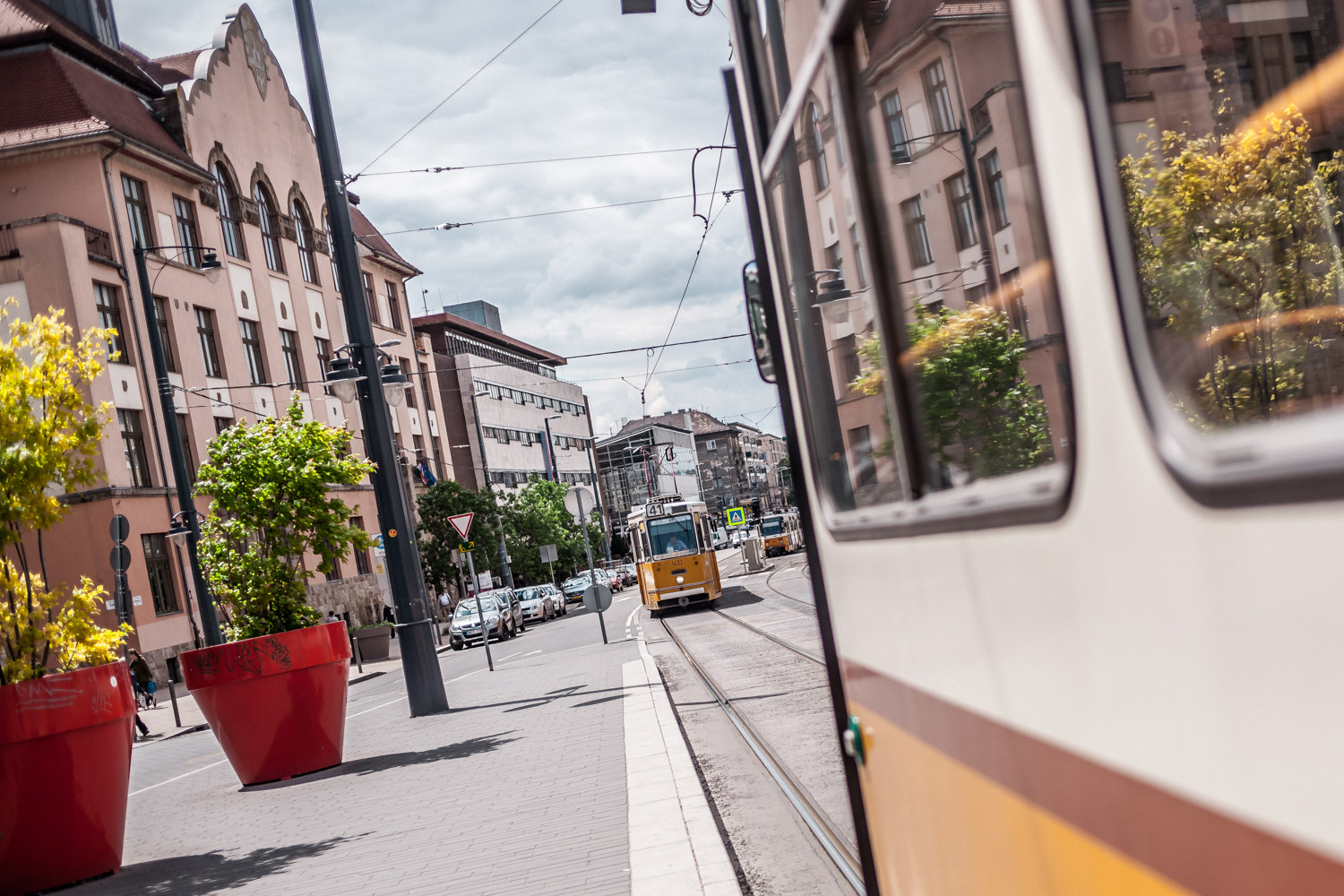Check out these more-than-useful tips on starting things off in the B and the P!
Need to buy some furniture or accessories?IKEA is the most convenient option: it has everything you need, and getting there is easy, you just have to hop on metro line 2, and get off at Örs Vezér tere, where the metro terminates. If you’re looking for cheaper options, head over to the Used stuff for sale in Budapest group on Facebook, or take a trip to Budapest’s biggest and most famous flea market, Ecseri, preferable in the wee hours, when the best bargains are still available.

Need to fill your fridge?Think outside the box of supermarkets: the Great Market Hall, located right next to Szabadság híd (Liberty Bridge), offers farmers’ goods, meat specialties, and Hungarian cuisine. It’s a lot cheaper than oversized supermarkets, is an architectural spectacle, and has a great vibe. Getting there is easy: just take tram 47 or 49 from Deák Ferenc tér, and get off at Fővám tér.Don’t forget to check out the Asian grocery and the tiny fish shop in the basement! Talking of fish, in case you’re a devoted fan of sea food, don’t miss out on Fishmonger, which, truth be told is rather far from the city centre, but tram 49 and bus 272 will gladly take you there. To top this topic off, Szimpla hosts a farmers’ market every Sunday morning, where heaps of homemade and homegrown products – jams, honeys, and veggies, just to name a few – can be bought.Get connected!Now that you’re through shopping groceries, it’s time to feed your internet addiction. There are several Budapestian internet providers, it’s up to you to decide which one you’ll go with, but we recommend UPC and Digi, both are reliable and offer fair prices. You can make a call or go to one of their offices, either will get the job done, and the interwebs will be up and running in a couple of days. You’ll receive bills each month that should be paid on time in any post office. Important to note: you might have to pay a deposit when signing the contract, though better companies do not charge such petty fees.

Keep in touch!Getting a prepaid SIM card does not take much, you just have to find the provider of your dreams (the options are Vodafone, Telenor and T-Mobile), and head over to one of their many shops which can be found in malls and basically all over downtown Budapest. To make things easier on you, we’ll be more precise: there’s a T-Mobile in Petőfi Sándor utca 12., just off of Váci utca and Ferenciek tere, Vodafone runs a shop in Deák Ferenc utca, between Deák Ferenc tér and Vörösmarty tér, while WestEnd City Center, a huge mall at Nyugati Pályaudvar (Nyugati Railway Terminal), proudly boasts a Telenor shop.Get access to the city!Even if you live downtown and thus can walk everywhere you need to go, it’s still highly unlikely that you’ll never use the public transport system provided by BKK.You can gather all the info you need regarding routes and timetables on BKK’s website. As for tickets, there are various types: a single ticket costs 350 HUF (at spot 450 HUF), a monthly pass lightens your wallet by 9500 HUF, so it’s better to remain a student as long as possible, because that way a monthly pass can be yours for about third the price (3450 HUF).

Find your way around!It’s hundred percent sure that you’ll feel lost during your first few stays in the city, but don’t worry, that will go away. Until then, grab a map, and locate the metro station closest to your current location. The heart of the city is Deák Ferenc tér, where all three metro lines stop. From Deák tér, almost everything is within walking distance: the Parliament, Lánchíd (Chain Bridge), the Danube Promenade, Váci utca, Andrássy út (Andrássy Avenue), and even the now-hottest party spot in Budapestian nightlife, Gozsdu-udvar (Gozsdu Courtyards). We’re pretty sure that you’ll get acquainted with trams 4 and 6, which basically have the same routes, and the latter functions 24/7. Walking along formerly mentioned Andrássy út is more than worth it, half of it is elegant and metropolitan, and is sprinkled with luxury boutiques, while the other half is more relaxed, and leads straight to Hősök tere (Heroes’ Square) and the second biggest park in Budapest, Városliget (City Park). Until you learn your way around, here’s an online map that will come in handy.Get registered in the city!
If you’re staying in Budapest for more than three months, registering your address at the given district’s local government is a must. It takes a bit of time and some paperwork, but it’s something you can’t and shouldn’t escape from.Here are the documents you’ll need:
- a paper from your workplace or university
- your EU-compatible insurance
- the renting contract
- a signed legal document from the flat’s owner
- a special stamp you can buy at any post office for 1 000 Ft





